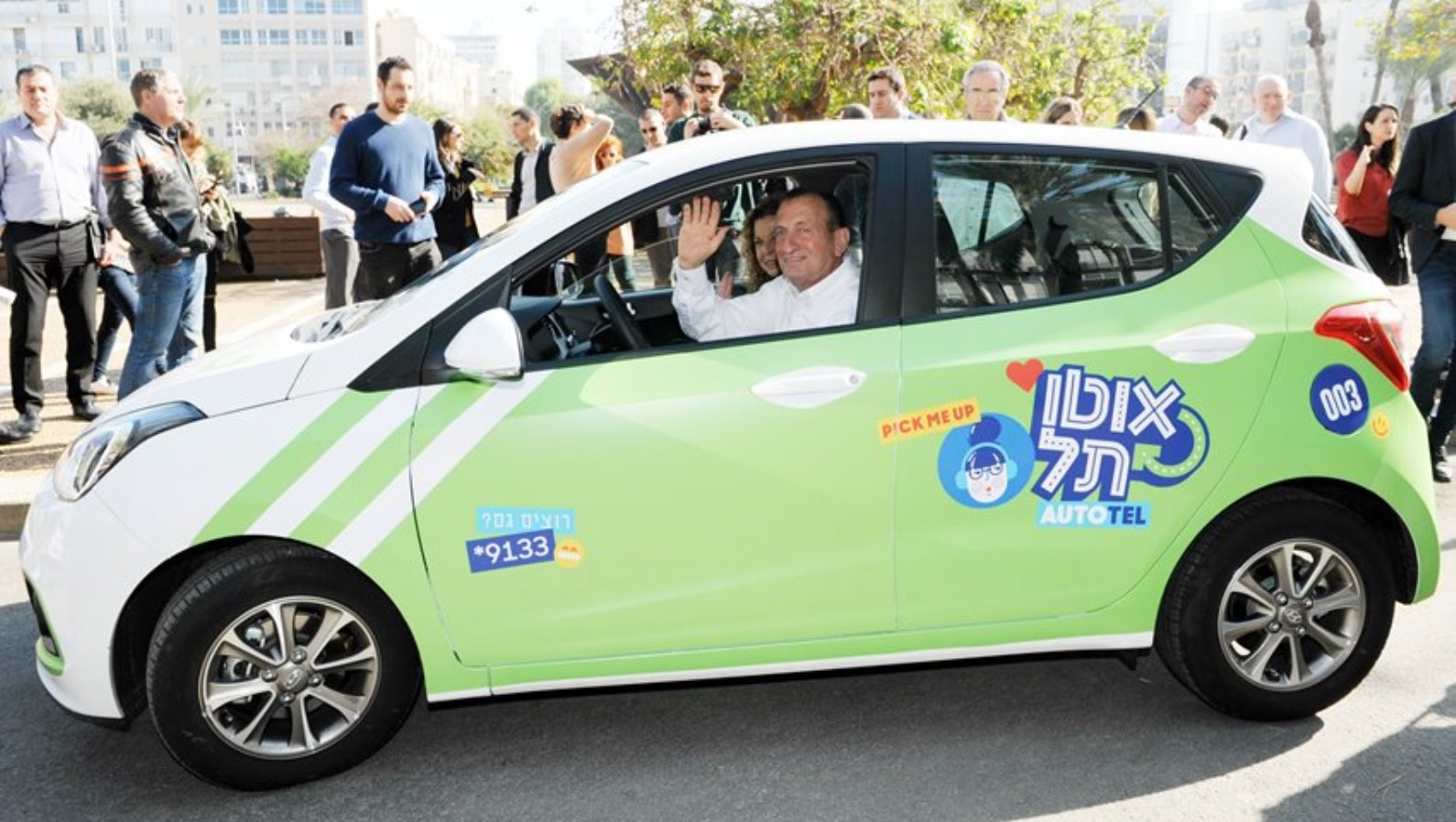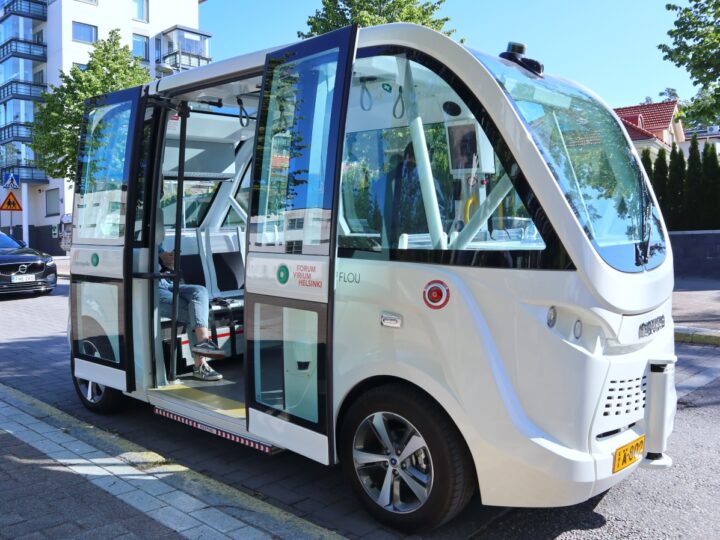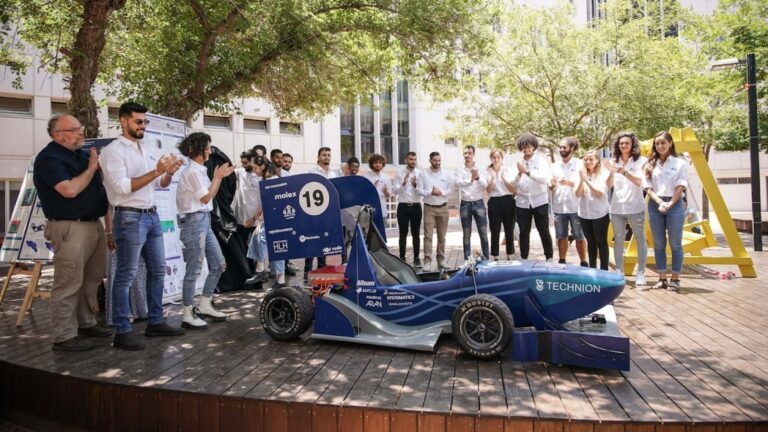Tel Aviv is one of 10 major cities across the world chosen to take part in a new year-long initiative to plan strategies for the integration of autonomous vehicles.
Sponsored by Bloomberg Philanthropies and the Aspen Institute, the initiative will bring together mayors and other officials from Tel Aviv as well as Austin (Texas), Buenos Aires, Helsinki, London, Los Angeles, Nashville, Paris, São Paulo, and Washington DC with industry and policy experts to brainstorm how driverless technology could impact urban quality-of-life issues such as pollution, traffic, mobility, inequality, land use, economic growth and community development.
“Cities are natural sites for collaboration that leads to innovation,” said Walter Isaacson, president and CEO of the Aspen Institute. “This partnership is a wonderful opportunity for mayors, technologists, policy experts, and thought leaders to apply technology to make cities safer, healthier, and better connected. The real innovation potential here is not just for new kinds of cars, but new kinds of communities.”
The Bloomberg Aspen Initiative on Cities and Autonomous Vehicles “will galvanize experts and data to accelerate cities’ planning efforts, and produce a set of principles and tools that participating cities, as well as cities around the world, can use to chart their own paths forward,” according to a Bloomberg statement.
Tel Aviv-Yafo Mayor Ron Huldai said he’d like to see autonomous cars integrated into the city’s newly announced Auto Tel, a $26 million car-sharing subscription service to start next October with 260 cars operated by Car2Go.
At the 2017 North American International Auto Show in January, philanthropist and former New York City Mayor Michael R. Bloomberg said, “The autonomous vehicle revolution is here – and by examining the opportunities and challenges, mayors can lead the way in adopting policies that benefit citizens and communities. We’re glad to have the active participation of auto companies. Together, we can help shape the future of transportation.”

Fighting for Israel's truth
We cover what makes life in Israel so special — it's people. A non-profit organization, ISRAEL21c's team of journalists are committed to telling stories that humanize Israelis and show their positive impact on our world. You can bring these stories to life by making a donation of $6/month.








